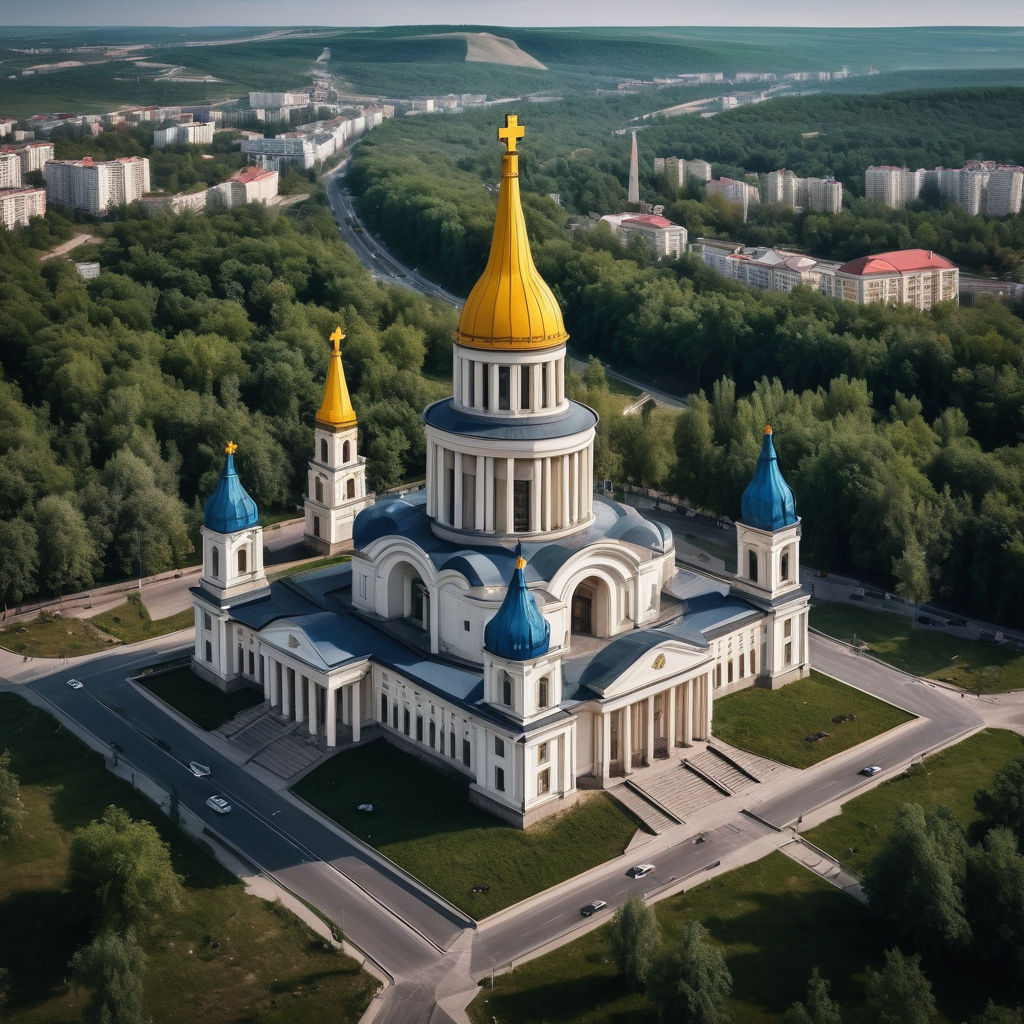Discover Moldova: A Blend of Cultures and Traditions
Exploring Moldova's Rich Heritage and Modern Dynamics

Introduction to Moldova
Moldova, a small landlocked country in Eastern Europe, is known for its picturesque landscapes and rich cultural heritage. Nestled between Romania to the west and Ukraine to the north, east, and south, Moldova spans an area of about 33,846 square kilometers. The capital city, Chișinău, is the cultural and economic hub, bustling with life and history. Other significant cities include Tiraspol, known for its Soviet-era architecture, and Bălți, an important industrial center. Moldova's cultural tapestry is woven from a blend of Romanian, Russian, Gagauz, and Ukrainian influences, reflecting its diverse population and complex history.
Cross-national and Cross-cultural Understanding
Moldovans generally perceive and engage with other cultures with a sense of curiosity and openness, influenced by their historical ties and geographical position. The country has a long-standing tradition of cultural exchanges, bolstered by educational programs and international partnerships. For instance, the Erasmus+ program has facilitated numerous student exchanges, allowing Moldovan students to study abroad and foreign students to experience Moldovan culture. These exchanges play a crucial role in promoting cross-cultural understanding and broadening perspectives. Moreover, Moldova participates in various cultural festivals that attract international attention. The Ethno Jazz Festival in Chișinău, for example, brings together musicians from different countries, fostering a spirit of global camaraderie through music. Such events highlight Moldova's commitment to embracing cultural diversity and encouraging mutual appreciation.
Interactions and Social Dynamics
Interactions between Moldovans and foreigners are typically warm and welcoming. Moldovans value hospitality and often go out of their way to make visitors feel comfortable. Social behaviors in Moldova emphasize respect, politeness, and a strong sense of community. Greetings usually involve a firm handshake, and in more familiar settings, a hug or a kiss on the cheek may be exchanged. Communication styles in Moldova can vary, but generally, people are direct yet considerate in their interactions. Engaging in small talk is common, and it is customary to inquire about one's well-being and family before delving into more serious topics. This practice reflects the importance Moldovans place on building personal connections. Multilingualism is prevalent in Moldova, with Romanian being the official language and Russian widely spoken, particularly in urban areas. Additionally, Gagauz and Ukrainian are spoken by respective minority communities. This linguistic diversity facilitates interactions with foreigners, as many Moldovans can communicate in multiple languages, enhancing cross-cultural exchanges.
Views on Dating and Relationships
Dating and relationships with foreigners in Moldova are increasingly common, especially among the younger generation. Attitudes towards such relationships are generally positive, with many seeing them as opportunities to learn about different cultures and broaden their horizons. However, traditional views still hold some influence, particularly in rural areas where family approval is crucial. Family plays a significant role in Moldovan society, and relationships are often seen as involving not just the couple but their families as well. Introducing a foreign partner to one's family is a significant step, and gaining their acceptance is essential for the relationship's success. While public displays of affection are more accepted in urban areas, they are generally kept modest.
Marriage and Family
Marrying foreigners is legally recognized in Moldova, but it comes with specific considerations. Legally, mixed marriages require adherence to local laws and customs, including obtaining necessary documentation. Socially, acceptance of such marriages depends on the families involved and their openness to different cultures. Moldovan weddings are vibrant celebrations that combine traditional and modern elements. They often include multiple ceremonies, such as the civil registration and the religious ceremony, each filled with customs and rituals. Cross-cultural marriages can enrich the cultural fabric of both families, introducing new traditions and practices. Family remains a cornerstone of Moldovan society, and extended family members play an active role in the marriage process. Cross-cultural marriages can face challenges related to cultural differences and expectations, but they also offer opportunities for mutual learning and cultural exchange.